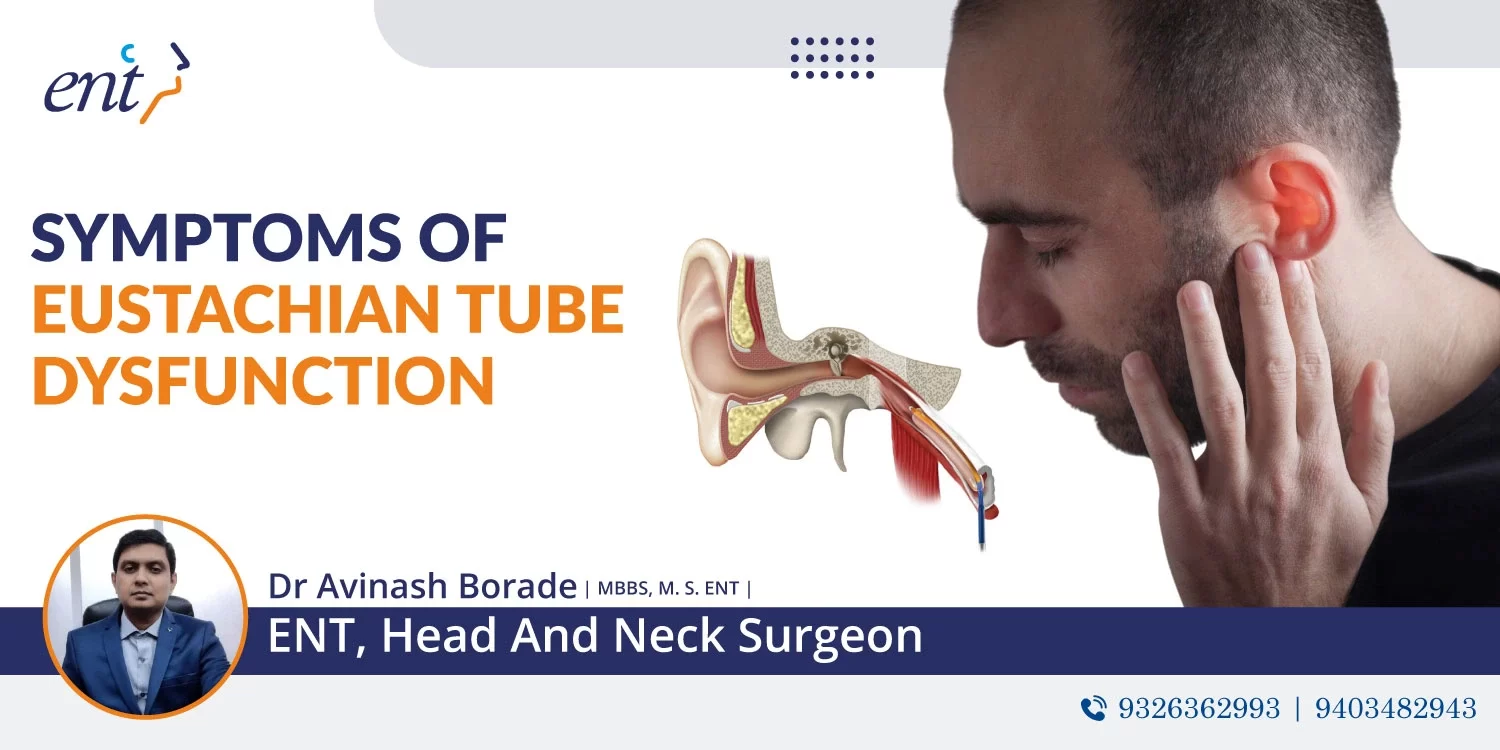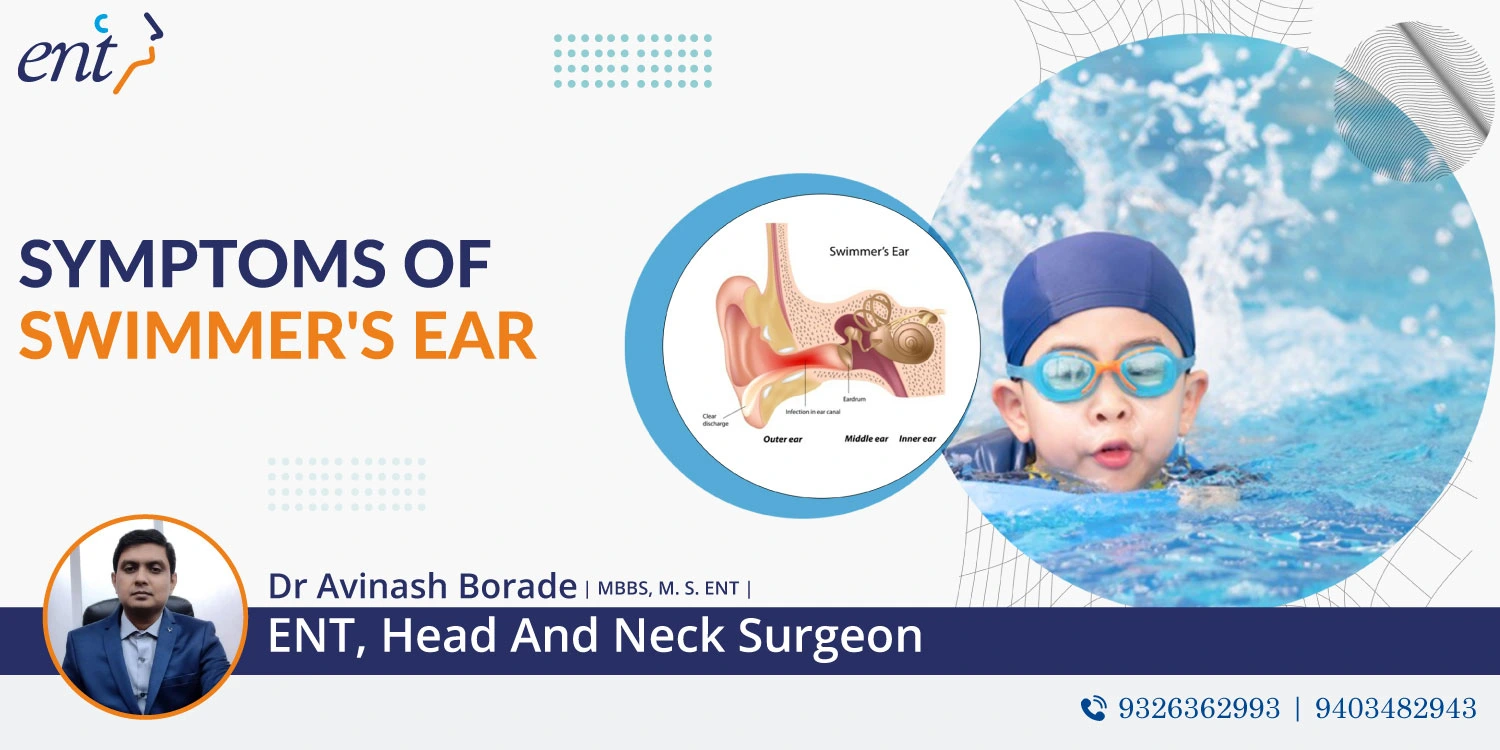Symptoms of Eustachian Tube Dysfunction
Eustachian tubes run between your middle ear and the back of your throat. These tubes regulate air pressure and help drain fluid from the ear. They remain close mostly but open when you yawn, chew, or swallow.
These narrow tubes can get blocked for many reasons. When that happens, you might experience a feeling of fullness in the ear and reduced hearing. Depending on the severity of the blockage, you may need eustachian tube dysfunction treatment in Navi Mumbai. In this post, we’ve discussed the symptoms of eustachian tube dysfunction in detail to help you know when treatment may be necessary.
Symptoms of Eustachian Tube Dysfunction
Here’s what people with dysfunctioning eustachian tubes experience:
1) Ear Pain and Discomfort:
When eustachian tubes don’t work normally, they may not open and close, leading to the pressure buildup in the ear. This, combined with improper fluid drainage, can lead to ear pain and discomfort. The pain can be mild to sharp.
2) Muffled Sound:
Your hearing ability is reduced as the sound doesn’t effectively travel through your ear. This happens due to excess pressure and fluid buildup.
3) Tinnitus:
People with a dysfunctioning eustachian tube might also experience an unusual ringing and buzzing sound in the ear. This suggests an imbalance in the pressure in your ears.
4) Sensation of Fullness:
If your ear feels clogged with cotton, like the way it does when the plane takes off, you could be having a sensation of fullness. This again occurs due to the ear’s inability to regulate air pressure.
5) Balance Issues:
Your eustachian tubes might affect your balance. If they are unable to regulate air pressure properly, you might feel slightly dizzy. Losing balance or having a spinning sensation are rare but possible symptoms of eustachian tube issues.
6) Frequent Ear Infections:
When fluid isn’t drained properly from your middle ear, it creates a moist environment behind your eardrums, which can lead to bacterial and viral growth. If the air pressure isn’t regulated and fluid isn’t drained for a long time, you might start developing frequent middle ear infections.
7) Clicking Sound:
Blocked eustachian tubes can cause a clicking or popping sound in your ear when you swallow or chew.
When to Seek Medical Attention
Although the condition may get better on its own, it’s advisable to see an ENT surgeon in Navi Mumbai if you experience persistent symptoms, especially if they last for several weeks and are accompanied by:
- Dizziness and balance loss
- Hearing loss
- Fever
- Yellow fluid discharge from the ear
An ENT specialist will ask about your symptoms and check the inside of your ear using an otoscope that gives a magnified view of your ear canal. Based on your symptoms, your doctor may prescribe medication to help ease the discomfort. Sometimes, a surgical intervention is required to drain excess fluid from the middle ear. A surgery will prevent frequent middle ear infections, a ringing and unusual sensation in the ear, and muffled sound.













